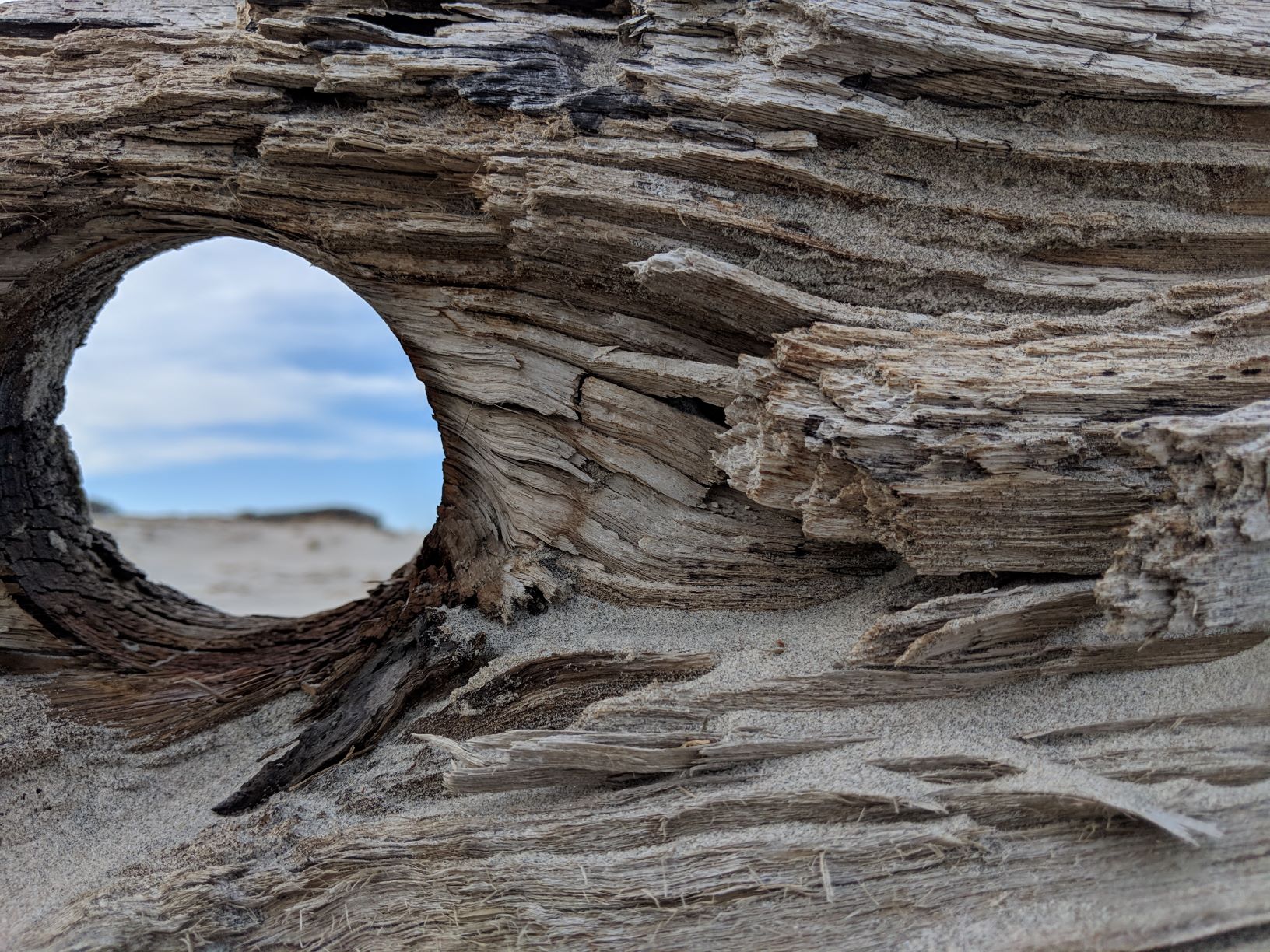
Science is about recognizing when something doesn’t fit a current model of the natural world, which is just about all the time in science. Science is all about telling someone else they’re wrong.
Schooling is all about being “correct” and getting high grades. High school science is an oxymoron. I wrestled with this for years until I met Chris Harbeck, a different kind of teacher.
While sharing pints with a few teachers upstairs at McGinty’s, Chris took a “sip” of Guinness, then tossed out a few words that changed my teaching–
“I give out points for anything, a thousand here, a thousand there. They don’t mean anything.”
Chris Harbeck
Print out your Errorometer, laminate it, hang an Expo marker next to it–done.
Simple. Cheap. Effective.
Every time a student gives me a reasonably well thought “wrong” (or even an unusual but “right”) response to anything going on in class, even if only tangentially related to the natural world, a student can put a point up on the Errorometer. For every 10 points, everybody in class gets 10 out of 10 points in the Test/Quiz category.

Yep, everybody.
Yep, it diminishes the “value” of points individuals receive on tests.
Yep, everybody’s grade gets a boost.
But, as a wise Canadian math teacher told me over a pint (or three) of Guinness, if points mean nothing (and we agreed that was true), then giving them out freely and frequently means nothing as well.
(The fancier pedagogues among us might even call this metacognition.)






